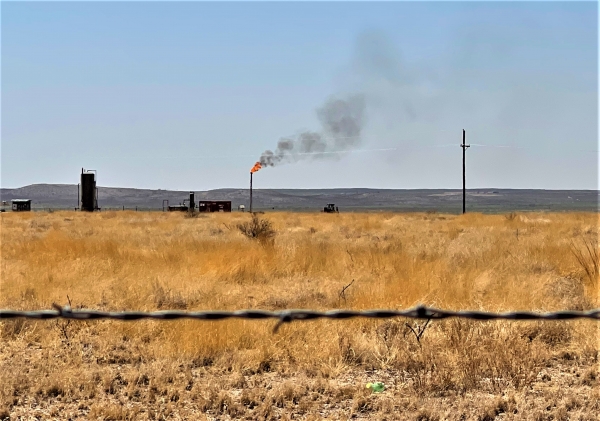Call to Action: River Mile 163 Project
Mature cottonwoods have already been cut, and the access road looks like a moonscape with all trees and vegetation completely ripped out.
We are asking for your help to pause the destruction.
The scope of the original project has been exceeded, and an Environmental Impact Statement is needed before any more work is done on this project.
The local residents want the Bureau of Reclamation (BOR) to pause the tree cutting and start removing and/or mulching the downed trees and vegetation to reduce the risk of a catastrophic fire in the area.
Background on River Mile 163 Maintenance Project
The BOR has started chopping mature cottonwoods and clear-cutting access roads in the Bosque toward the river.
Despite many concerns, no Environmental Impact Statement (EIS) was completed. Residents gave extensive feedback, and BOR reassured property owners that they would minimize cottonwood removal. However, significant tree removal has already started, raising concerns about the ecological impact and fire risk from all downed trees and slash.
Concerns
-
The sandbars provide a critical habitat for migratory birds and many species
-
Mature cottonwoods are being taken down
-
Fire risk from slash that has not been cleaned up from the project
How to Take Action to Pause Project Mile 163 ASAP
-
Call Bureau of Reclamation: 505-462-3540
-
Call MRGCD 505-247-0234 or email: https://www.mrgcd.com/contact-us/
-
Attend the MRGCD meeting on March 10th, 3pm
at MRGCD Headquarters (1931 2nd St SW, Albuquerque) OR Join the MRGCD Zoom Meeting https://zoom.us/j/2765069278?pwd=V2d0SWppTkxGTTFMb0g5RFhmeERjZz09
Talking Points
Pause the project to allow for the following:
-
Clean up the slash that has already been cut to minimize the fire risk created by the damage to and destruction of vegetation;
-
Prepare the Environmental Impact Statement and publish for comment. This statement should correctly disclose the amount of area to be affected by the project using actual data instead of the inaccurate estimates contained in the environmental assessment.
-
Keep intact a healthy Bosque ecosystem (don’t moonscape it)
-
Abide by the Migratory Bird Treaty Act – nesting season is about to begin. The MBTA protects hundreds of species of birds with fluctuating migrations, not just birds that winter in the Bosque.
Here are links to more information about this “Los Lunas RM 163 River Maintenance Project”
-
The DRAFT Environmental Assessment – Never been finalized, but the work is under way…
-
US Army Corps of Engineers web page for Los Lunas RM 163 Conveyance Capacity Project

